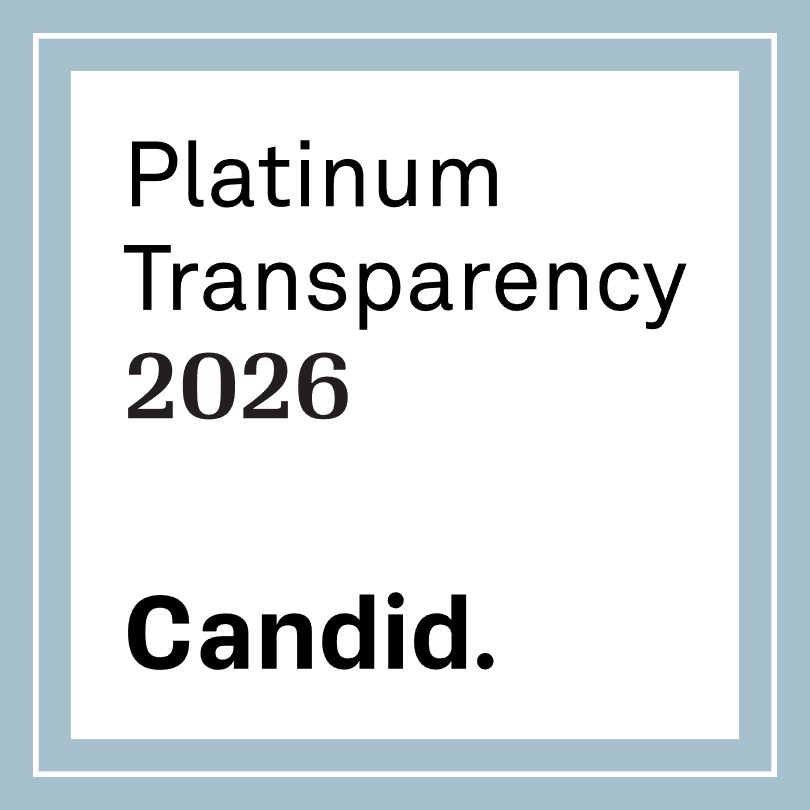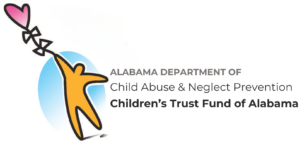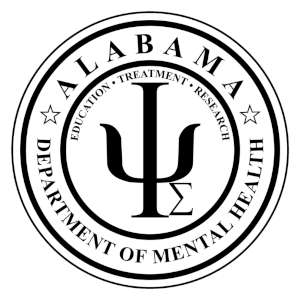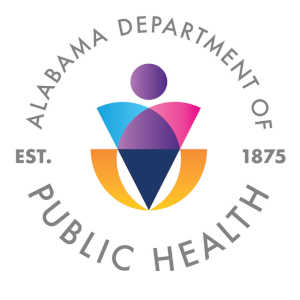As science continues to advance and we learn more about how the things we put in our bodies affect us, society as a whole is becoming more aware of the risks of alcohol. And with that shift, more people are starting to question how, and why, they drink alcohol in the first place.
From health concerns to mental clarity, or just plain curiosity, a growing number of people are rethinking their relationship with alcohol. This mindset has fueled the rise of a non-alcoholic (NA)/sober curious movement that encourages people to explore what their lives look like without alcohol.
What is the Sober Curious Movement?
Being “sober curious” means you’re open to rethinking how alcohol fits into your life. You’re not necessarily saying “I’ll never drink again,” but you may be taking a closer look at your relationship with alcohol.
Rather than an abstinence-based approach, the sober curious movement is more of a mindful approach. The sober curious movement is all about choosing to question your relationship with alcohol without labeling yourself as “sober” or “in recovery.”
Instead of drinking out of habit, peer pressure, or routine, sober curious individuals are becoming more intentional with their alcohol consumption. They might intentionally skip the booze at social events, experiment with alcohol-free months like Dry January or Sober October, or swap alcoholic cocktails for non-alcoholic mocktails to see how it impacts their mood, sleep, or overall well-being.
Some people notice better sleep, more energy, fewer mood swings, or just a clearer head after cutting back on drinking. Others find that once they step away from alcohol, they enjoy socializing more than they expected, even when they don’t have a drink in hand.
Some find that they’ve been relying on alcohol more than they thought, and that they have a hard time functioning without it. In these cases, trying out a sober curious lifestyle can uncover deeper patterns or behavior that might benefit from extra support, whether that’s through therapy, a support group, or talking with a healthcare provider.
Why Are More People Embracing the Non-Alcoholic Lifestyle?
 While research from the National Institute on Alcohol Abuse and Alcoholism (NIAAA) estimates that 68% of adults aged 21 and older drink alcohol, a survey conducted by NCS Solutions found that nearly 49% of Americans said they wanted to drink less alcohol in 2025.[1,2] That’s a 44% increase since 2023 in the number of people wanting to drink less.
While research from the National Institute on Alcohol Abuse and Alcoholism (NIAAA) estimates that 68% of adults aged 21 and older drink alcohol, a survey conducted by NCS Solutions found that nearly 49% of Americans said they wanted to drink less alcohol in 2025.[1,2] That’s a 44% increase since 2023 in the number of people wanting to drink less.
There are many reasons to drink less, even if you don’t think of yourself as someone who struggles with alcohol. For many people, it’s simply about feeling healthier and reducing alcohol-related risks.
Some people are tired of the hangovers, the poor sleep, or the anxiety that creeps in after a night of drinking. Others want to be more productive, present with their families, or focus on their personal goals. There’s also a growing group of people who are motivated by health, wanting to lower their risk of cancer, liver disease, or other long-term health issues linked to alcohol.
These changing attitudes are encouraging a greater cultural shift, too. For example, Social media, podcasts, and books are spreading the message that it’s okay to say “no” to alcohol. Celebrities and influencers regularly openly talk about recovery and mindful drinking, which is helping reduce the stigma. There’s also been a boom in the non-alcoholic (NA) beverage industry. With craft NA beers, zero-proof spirits, and elevated mocktails popping up everywhere, it’s easier than ever to have a fun, flavorful drink without the alcohol.
Understanding the Benefits of the Sober Curious Lifestyle
The sober curious movement offers several benefits to individuals who are a part of it and to the recovery community as a whole. These benefits include:
- Improved mental clarity, increased energy, and more productivity
- Better sleep
- Improved physical health and reduced risk of chronic conditions
- The ability to be more present and engaged in daily activities
The sober curious movement also reduces stigma around not drinking, making it easier for people to say no without judgment. While people in recovery sometimes feel judged when refusing a drink when others are drinking, this movement is helping to promote a shift in cultural norms, making mindful drinking, moderation, and abstinence more accepted. The movement is encouraging healthier social environments, where the focus is on connection rather than drinking, and making these environments more welcoming and accepting of people in recovery.
Getting Started With the NA/Sober-Curious Lifestyle
 While people who live with alcohol use disorder often face societal stigmas such as being judged, labeled, or misunderstood, the sober curious movement is helping normalize the idea that you don’t need a dramatic reason to cut back or stop drinking altogether.
While people who live with alcohol use disorder often face societal stigmas such as being judged, labeled, or misunderstood, the sober curious movement is helping normalize the idea that you don’t need a dramatic reason to cut back or stop drinking altogether.
You don’t have to hit a low point or fit into a specific category to make a change. Wanting to feel better, sleep better, or just be more present is reason enough.
You don’t need to make a big announcement or commit to never drinking again. Getting started can be as simple as being more intentional the next time you’re offered a drink. Here are some tips for getting started with the sober curious lifestyle:
- Take a break. Try a week, a month, or a set period without alcohol and see how you feel.
- Try NA options. Swap your usual drink for a non-alcoholic beer, mocktail, or zero-proof spirit.
- Find support. Follow sober curious creators, join online groups, or connect with friends who get it.
- Be flexible. Remember, there’s no “right” way to do this. It’s okay to experiment and see what feels best for you.
Whether you’re cutting back for health reasons, mental clarity, or just to see how you feel, the sober curious lifestyle gives you permission to explore without pressure or labels. Start small and see how it goes!
References:









